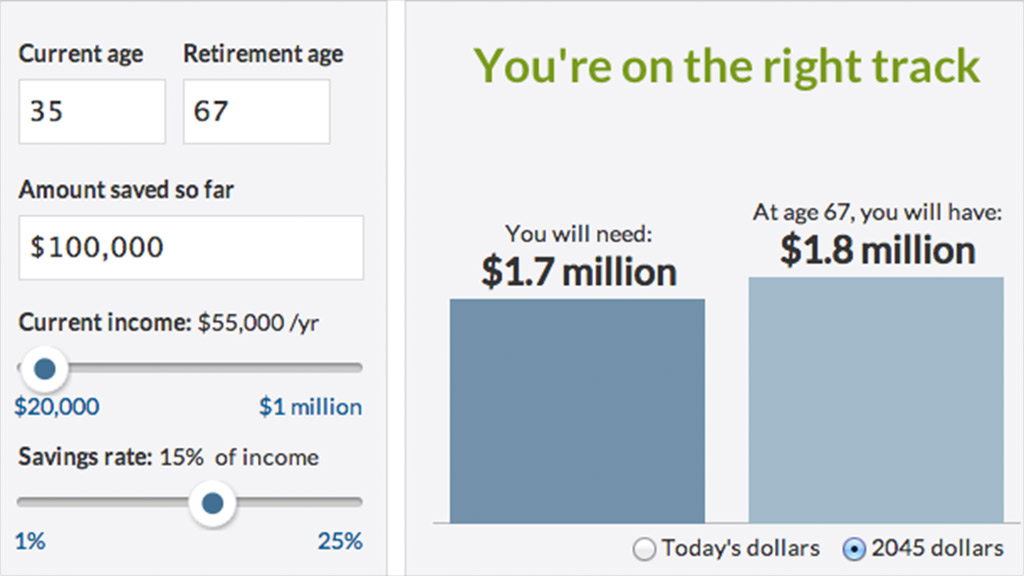Many retirement savers are incorrectly using a popular 401(k) investment option -- and are losing out on thousands of dollars in potential returns, according to a new study.
Target-date funds have become a popular option in company 401(k) plans, in large part because of their simplified approach to investing. Based on your "target" retirement date, the funds invest in a mix of stocks, bonds and cash with an age-appropriate level of risk.
Funds for young workers are invested almost entirely in stocks, for example, and as participants get closer to retirement, the funds shift to more conservative investments.
Yet only 38% of the savers investing in target-date funds are using them as a "one-stop" investment, according to an Aon Hewitt and Financial Engines study of roughly 750,000 401(k) participants.
Instead, most target-date participants, representing more than one in four of all participants studied, allocated only a fraction of their portfolio to the funds. That typically results in mismatched portfolios either too risky or not risky enough for their age.
Related: The best states to retire in are a little surprising
From 2010 to 2012, partial target date fund users earned a median of 2.1% less each year, after fees were taken into account, than those in the same age group who invested at least 95% of their portfolio in an appropriate target-date fund.
"Putting all your eggs in one basket is usually a bad idea," said Wei-Yin Hu, vice president of financial research at Financial Engines. "But these funds are designed to allow you to do that."
Over time, those lost returns can make a significant difference, Hu said, noting that over several decades the difference could result in a nest egg that is significantly smaller.
Related: Are you on track for retirement?
If you invest in target-date funds, here's what you need to know:
Make a conscious investing decision: If you're uncomfortable betting your retirement on a single fund, you might want to consider another investing approach. "If you're going to jump into that target-date pool, you go all in," said Rob Austin, Aon Hewitt's director of retirement research.
If that's not your style, many 401(k) providers offer online tools to help you create your own mix of investments that makes sense for your age and risk tolerance.
You're not locked in: Target-date funds can be helpful for inexperienced investors, said Eric Endress, vice president and senior investment consultant at CBIZ Retirement Plan Services.
But as your nest egg builds, and starts to include other assets like an IRA or brokerage account, you may want to develop a more customized strategy with the help of an investment adviser or online tool, he said.

Do your research: No matter what you choose, don't just leave your investments on auto-pilot, Endress said.
If you've been automatically enrolled in a target-date fund, double check that it fits with your general retirement time frame. You should also understand how much of the fund is invested in stocks, bonds and other investments and how that mix will change over time.
Not every fund will take the same approach, especially as you get closer to retirement, and some have drawn criticism for being overly risky. You can also use an investing site such as Morningstar.com to compare the fund's performance over time.
Stay the course: Like any investment, target-date funds won't be immune to a stock market crash. But if you're comfortable with the risk allocation, you should resist selling at a low and locking in those losses.
Charles Schwab, for example, says that investors in its 2010 target-date funds recovered from the market crash on average by 2010, more than a year before the S&P 500 had fully clawed back.
"Anything with market exposure will go through ups and downs," said Jake Gilliam, managing director and senior portfolio manager at Charles Schwab. "But those who stuck it out have benefited."


